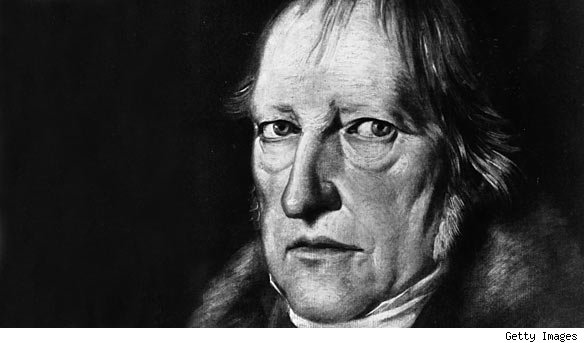Miért tarthatatlan a klasszikus valószínűség?
DOI:
https://doi.org/10.14232/kulonbseg.2011.11.1.27Absztrakt
Pierre Simon Laplace defines classic probability in his “Essai philosophique sur les probabilités” in 1814. According to Laplace, probability is the correlate of partial human knowledge. Laplace’s notion of probability rests on the idea that if there is no reason to believe one event is more likely to happen than the other, then the two events should be considered equally probable. This idea is the principle of insufficient reason defined by Jacob Bernoulli, most probably a counterpoint to Leibniz’ principle of sufficient reason. The principle of insufficient reason is called the principle of indifference by Keynes and it is known under this name in criticism. Laplace defines probability as the number of useful happenings for creating an event divided by the number of events equally probable.
The paper traces three presuppositions of Laplace’s definition and fasifies them one by one to show that his definition of classic probability cannot be defended. The paper claims that because i. in a determinist world there are not only epistemic probabilities, ii. epistemic probabilities are not necessarily subjective and iii. the principle of indifference does not provide sufficient basis for analysing probability, the classic definition of probability cannot be argued for.






